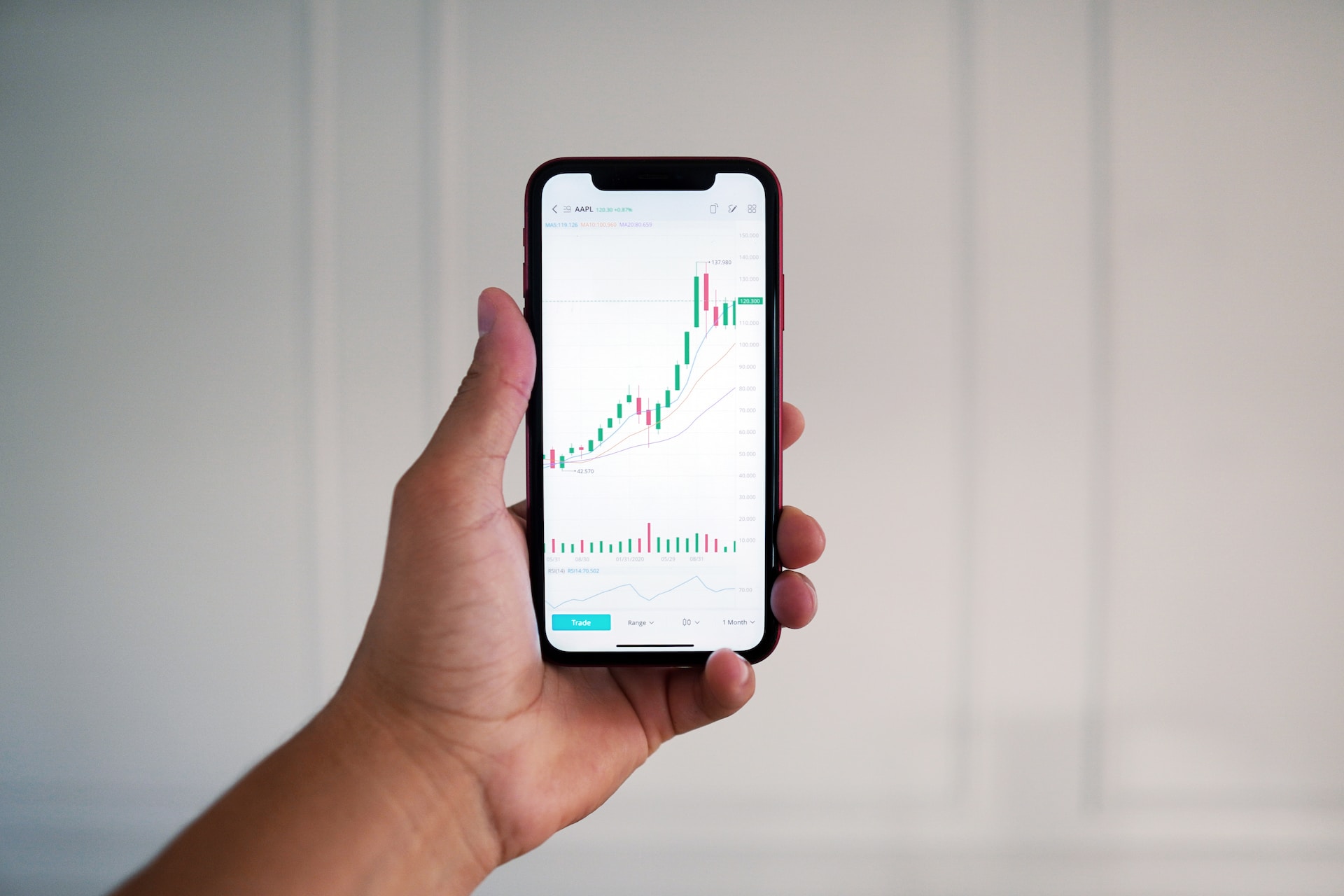In the realm of investment opportunities, choosing between an exchange-traded funds (ETF) and an index fund remains a pivotal decision for many investors.
Both vehicles offer distinct advantages and considerations, influencing the path towards building a well-rounded portfolio.
In this exploration, we delve into the nuances of ETFs and index funds, equipping you with the knowledge needed to make an informed choice that aligns seamlessly with your financial goals.
The basics: ETFs vs. index funds
ETFs, as the name implies, trade on exchanges much like stocks, providing investors with real-time pricing and intraday trading opportunities.
In contrast, index funds are mutual funds that aim to replicate the performance of a specific market index, such as the S&P 500, by holding the same securities in the same proportions.
Cost considerations
Cost-efficiency often stands as a critical factor in the investment landscape.
Here, both ETFs and Index Funds have their merits. ETFs tend to boast lower expense ratios, thanks to their passive management and trading flexibility.
Index Funds, while generally low-cost, might occasionally carry slightly higher expenses due to factors like transaction costs associated with the underlying securities.
Diving into diversification
Diversification, the cornerstone of prudent investing, finds its place in both ETFs and Index Funds.
ETFs cover a wide range of asset classes, sectors, and geographies, allowing investors to craft a finely tuned, diversified portfolio with relative ease.
On the flip side, index funds, with their buy-and-hold approach, provide stable exposure to the broader market, reducing the risks associated with individual stock selection.
Tax efficiency
For the tax-conscious investor, the nuances of tax efficiency warrant careful attention.
ETFs often hold an edge in this department due to their unique structure. The “in-kind” creation and redemption process of ETFs can potentially minimize capital gains distributions, offering a tax advantage over traditional index funds that might incur taxable events when rebalancing or due to other shareholder activities.
Trading dynamics
ETFs flaunt an undeniable allure in the realm of intraday trading. Investors can buy and sell ETFs throughout the trading day, capitalizing on market fluctuations.
This flexibility can be advantageous for those seeking tactical moves in response to short-term trends. However, it’s worth noting that this liquidity can also invite impulsive decisions, which might not align with a long-term investment strategy, a caveat to be mindful of.
Making the choice
It’s paramount to align your decision with your personal investment objectives.
ETFs excel in flexibility and trading dynamics, making them a suitable choice for those with a penchant for tactical plays.
On the other hand, index funds shine as sturdy, long-term investment vehicles, ideal for investors seeking passive exposure to the broader market or specific sectors.


